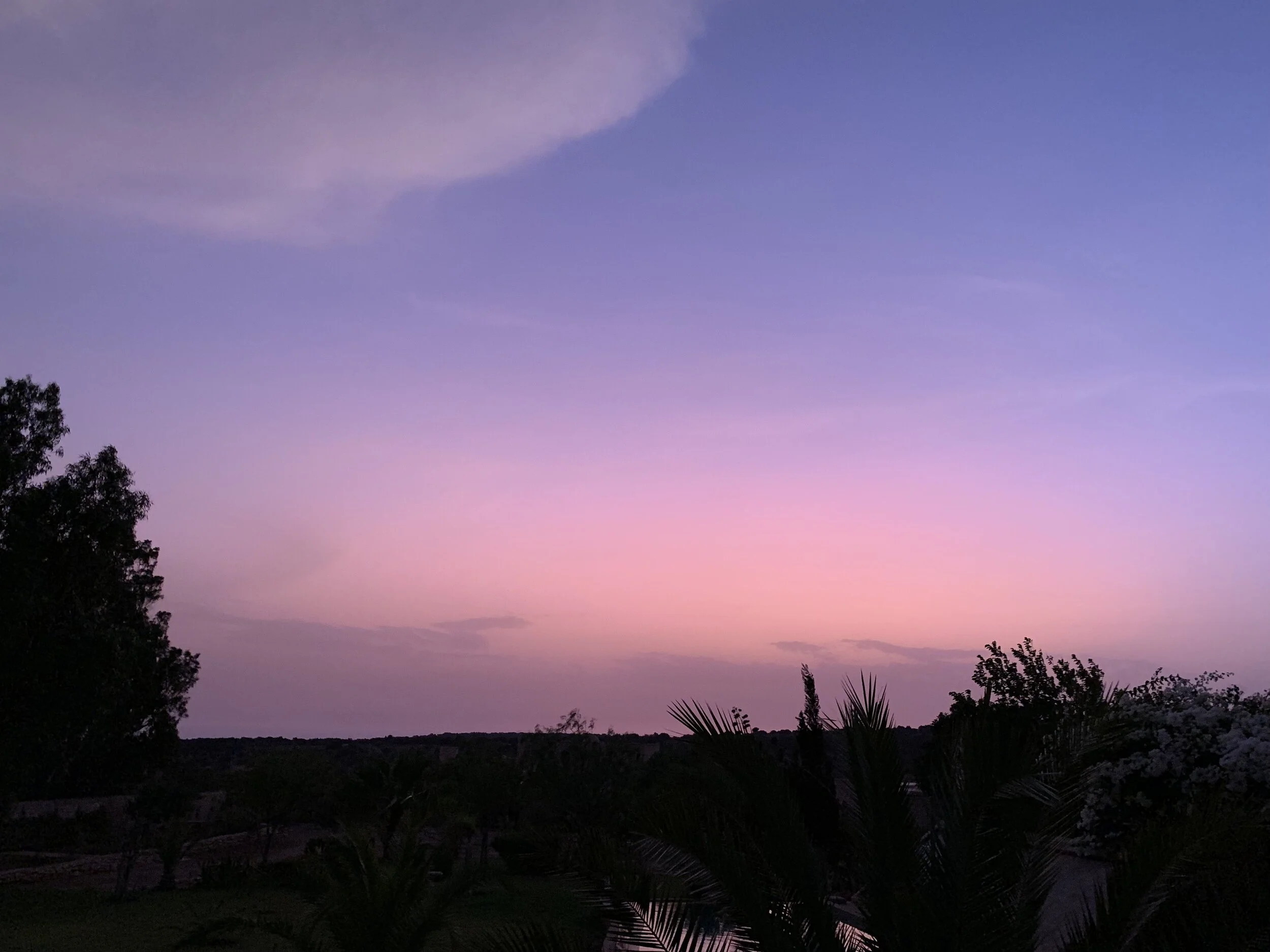Sandro Galea, dean of Boston University’s School of Public Health, said it’s important to recognize that anxiety is “a normal reaction” in times of mass trauma.
“One thing that exacerbates mental illness after these events is social stressors,” Galea said. “We know that unemployment, challenges with children, challenges with grandparents — these things all substantially change people’s resiliency in terms of their ability to cope with these events.”
Being aware of anxiety and why it’s occurring “creates a real opportunity for people to normalize their symptoms,” Galea said.
